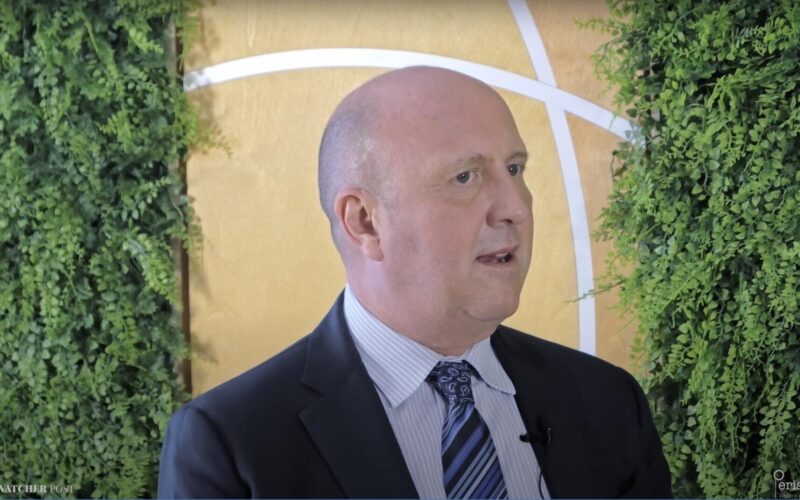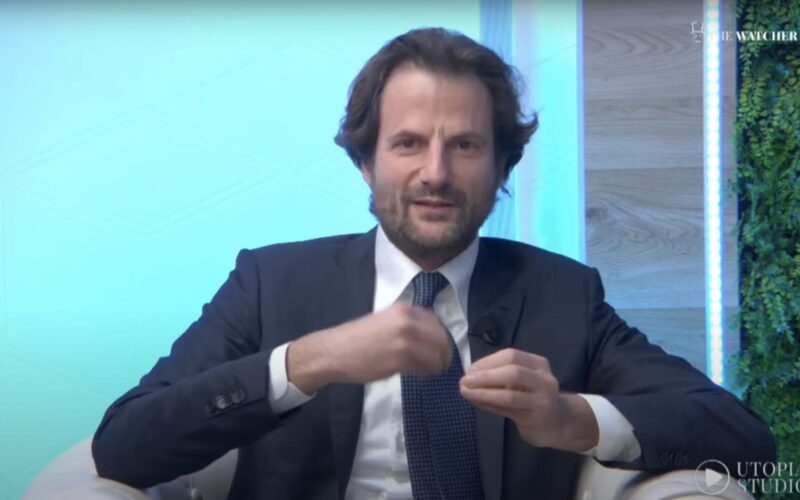Place Lux
Portuguese center-right coalition declares a narrow electoral victory as radical right gains momentum
Di Sara Cacioli
Snap elections took place in Portugal on Sunday, March 10, prompted by the premature resignation of Prime Minister António Costa, following an investigation into alleged illegal activities within his administration last November.
The Aliança Democrática (AD) coalition, under the leadership of Luís Montenegro, claimed victory in Portugal’s political elections with 29.5% of the polls, compared to the 28.7% obtained by Pedro Nuno Santos’ Socialist ruling Party (PS). Nevertheless, the percentage secured by AD is not enough to form a government alone. While AD managed to secure 79 seats, Partido Socialista obtained 77 seats, undermining the possibility for centre-right to form a government.
Pedro Nuno Santos, Costa’s successor as PS leader, stated that he would not block Montenegro’s attempt to form a government but would not assist him in passing bills either. In this fragmented context, the far-right party Chega emerged as the actual winner, quadrupling its seats compared to 2022 and apparently disrupting the bipartisan system.
Led by André Ventura, who has been publicly rejecting the far-right label, Chega has nevertheless aligned himself with leaders of parties such as Lega in Italy, Rassemblement National in France, and Vox in Spain. Thanks to the electoral result, Chega will get at least 48 seats in the Assembly of the Republic out of a total of 230, securing a key role in next years’ Portuguese political landscape. The success of Chega was fueled by the support of former Socialist voters, former centre-right voters and young first-time voters, whose concerns ranged from low wages (the sixth lowest in the EU), rising housing crisis, corruption and immigration.
The fragmented political landscape, marked by disenchanted and weary voters, an insecure majority, and the emergence of a growing far-right third faction, paints a picture of imminent ungovernability.
President Marcelo Rebelo de Sousa will now consult leaders of all parties and ask AD coalition leader Luis Montenegro to form a government. Unless unexpected developments arise, a minority government led by Montenegro should be sworn in next month.
Montenegro’s likely minority government would have to negotiate with other parties to pass legislation on a case-by-case basis. The 2025 budget is likely to be the first test towards the end of this year. Historically, the failure to pass a budget often results in the collapse of the government, leading to new elections. The Portuguese Constitution stipulates that six months must pass before new elections can be held, and they can only take place 55 days later. Since a new parliament is impossible before mid-November, the country must find a way to cope with a divided assembly in the meantime.
Three months ahead of European elections, this political outcome has a negative impact on European Socialists & Democrats (S&D), which may be about to lose another head of government in the EU. With only 4 leaders remaining in the Council, the S&D family will have less negotiating power when it comes to defining next term EU top jobs.
Conversely, it is unclear how much the European People’s Party (EPP) can genuinely celebrate the victory in Portugal, as it is ahead by only a few thousand votes and may face a wave of political instability.
Ultimately, the ascent of Chega reflects a broader trend of gains by far-right parties across Europe, with the likely consequence of increasing the representation of the populist ID group also in the European Parliament.







